Last week, the public and private sector dialogued frankly, at the Nigeria Economic Recovery and Growth Plan Consultative forum in Abuja. The event, which was opened by the Acting President Professor Yemi Osinbajo, demonstrated the commitment the government attaches to our economic recovery and growth. Dialogue and consultation with Captains of industry who are the drivers and the engine room of the economy was on the front burner and rightly so
The preliminary document (plan) was presented by the Ministry of Budget and Planning ably led by Senator Udoma Udo Udoma. After the session, they took into account critical inputs from the organized private sector and after fine-tuning the Growth Plan is expected to be launched by President Muhammadu Buhari later this month.
According to the policy document and from which i copiously take excerpts, there are three strategic objectives which seek to; restore growth, invest in our people and most importantly build a competitive economy. These strategic objectives are further supported by enablers that work towards; improving governance, security and a delivery plan hinged on Financing and Implementation.
At the dialogue session the following key strategic issues were highlighted; restoring economic growth issues by improving Monetary and financial stability (which brings one to concerns of exchange rate predictability),fiscal stability with respect to tariffs and levies, Economic diversification focusing on Agriculture,manufacturing, solid minerals and services.
Advertisement
Investing in people by harping on health, education and social inclusion through; job creation, public works and social safety net schemes. Institute a proper Governance structure that will deal with corruption, security, public service delivery by the bureaucrats and coordination by the states; those I often call the “Sub-nationals”.
Lastly and probably most importantly is the Delivery aspect which takes into account prioritization, target setting, implementation, planning, accountability, monitoring and communication. Currently, all these are issues we have been grappling with particularly in the last three decades.
Prior to taking part in the forum, i happened on a report prepared by the renowned PricewaterhouseCoopers which had predicted that by the year 2030, (ten years after this plan is supposed to have run its course) Nigeria will be the 21st most powerful economy. This prediction is based on global gross domestic product by purchasing power parity (PPP). PPP is used by macroeconomists to determine the economic productivity and standards of living among countries across a time frame and some of these components are expected to help achieve that feat.
Advertisement
The question on most minds is “haven’t we heard this before”, with Vision 2010, Vision 2020 et al.
One is therefore worried that with these projections on the horizon how well prepared are we and what do we intend to do differently to signpost this impending growth trajectory.
Well, what seems different according to the crafters of the plan and to which I agree is that there would be more focused implementation based on strong political determination and will, better process management systems with the introduction of an effective delivery unit that will be complemented by a strong monitoring and evaluation mechanism. And in addition, the fact that the document derives a lot of inputs from plans that hitherto existed is a positive and big bonus.
The three key levers enunciated in the document and echoed repeatedly by the organized private sector present are the right tools, delivery plan capability and of course the right mindset.
Advertisement
The right tools paraphrasing the document require a detailed implementation plan encompassing key activities, timelines, and responsibilities and costing as well as a clear and succinct dashboard to track progress. What doesn’t get measured we are told does not get done.
The right delivery capability will see a Delivery unit focused on high priority initiatives with adequate monitoring and evaluation mechanisms to track impact across the chain. A clarion call for the private sector to lead this was championed by all and sundry at the parley.
Finally the right mindset brings to relief an execution driven mindset and a focus on transparency and communication which helps to uphold accountability and credibility often lacking in previous plans
In all of this the private sector’s major prayer was to be in charge of the delivery of the goals as they felt that government prior to now had never shown sincerity of purpose particularly in implementation and as such cannot be saddled with that onerous responsibility..
Advertisement
Whilst we await the launch of the Plan, the consultation and collaboration that is evident between the public and private sector puts paid to the notion that Economic policies and programmes do not get the nod of the organized private sector. This inclusion and buy- in with regards to policy formulation, helps with alignment; and that is critical to economic development.
Advertisement
Views expressed by contributors are strictly personal and not of TheCable.
1 comments
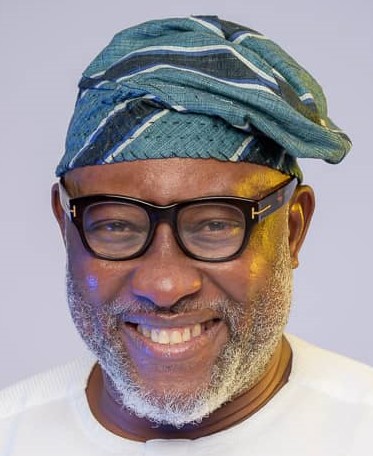
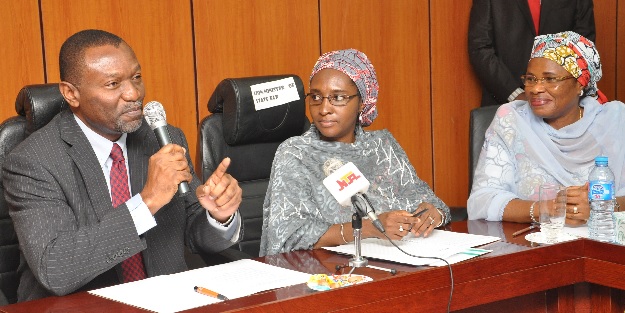
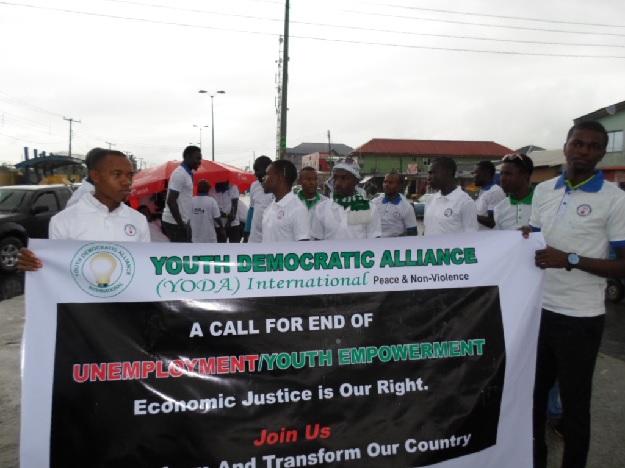
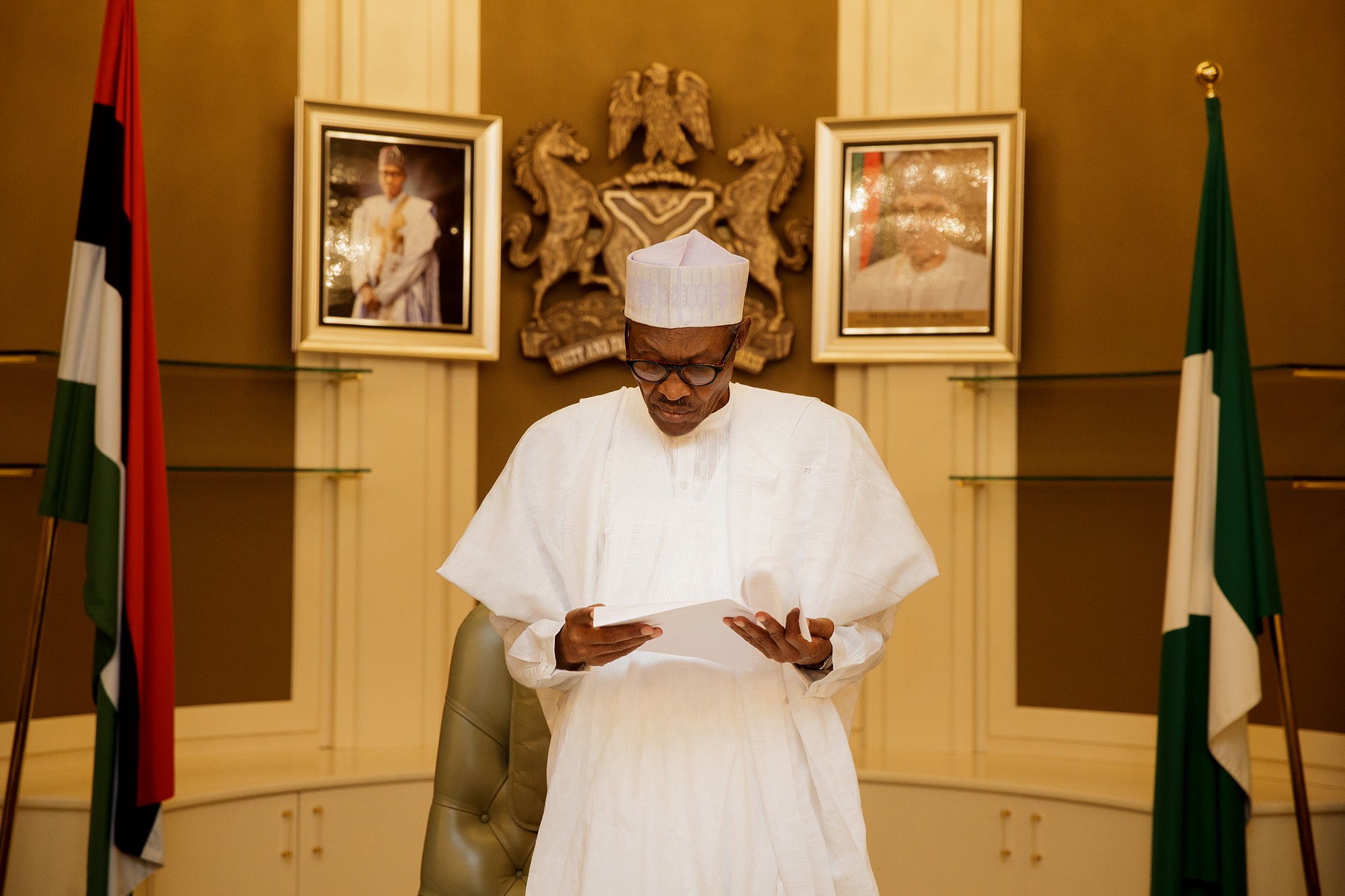

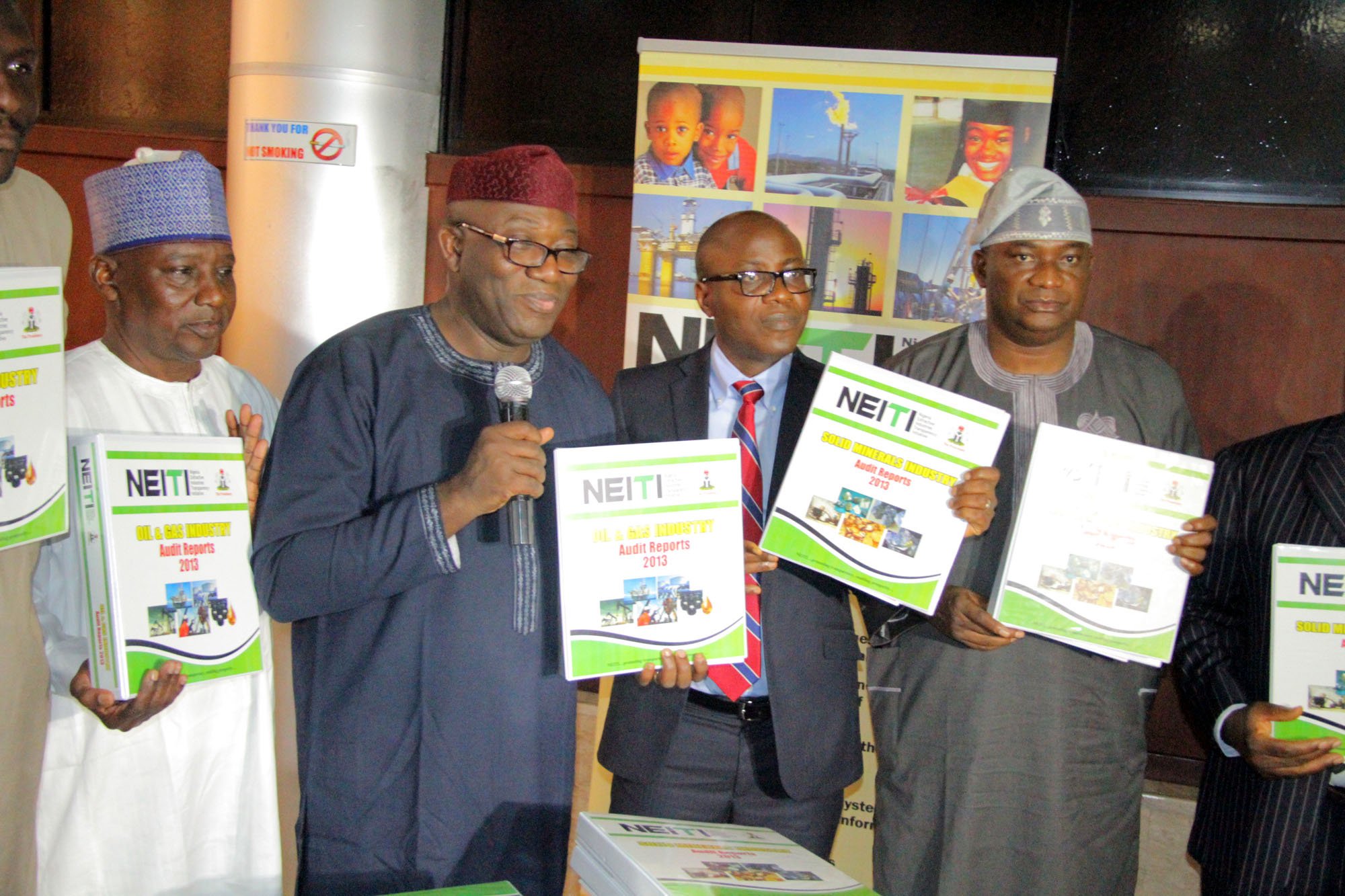

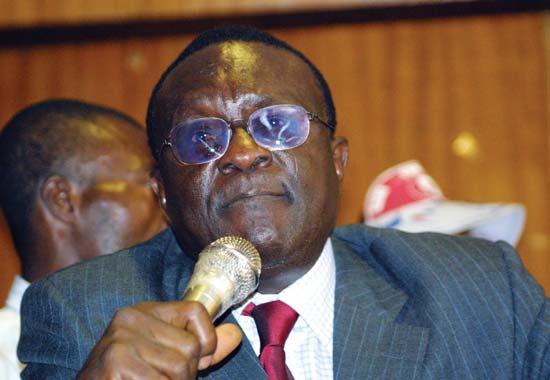
Another pithy, informative and succinct article from Ade Adefeko. It provides the essential information required to follow the new governmental policy directions.